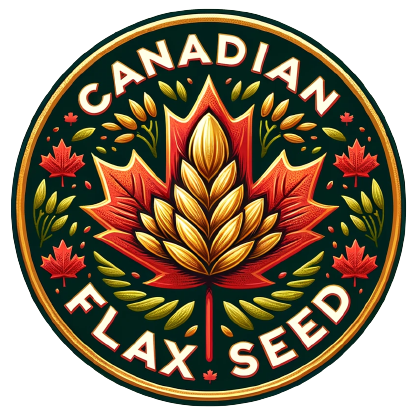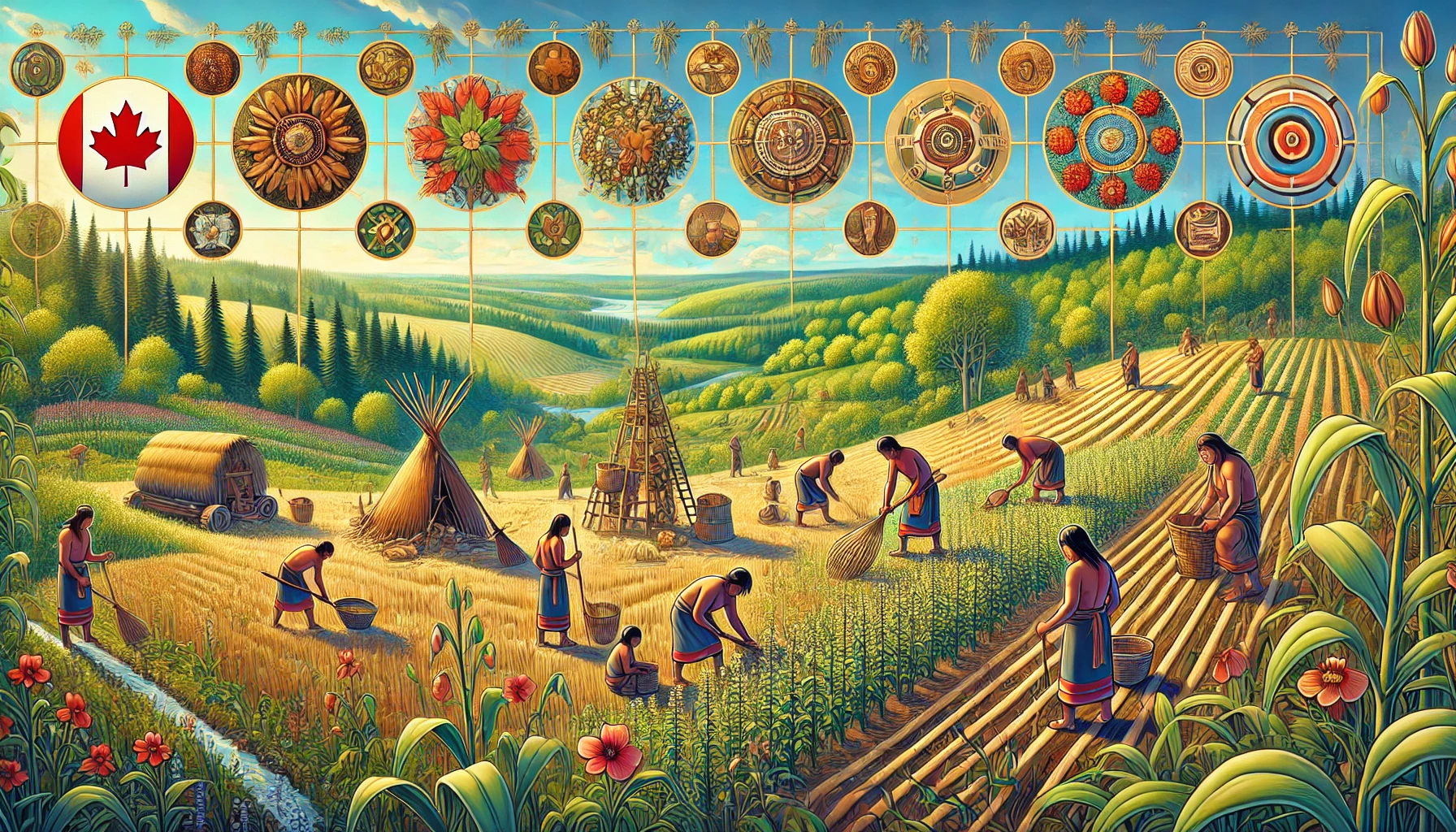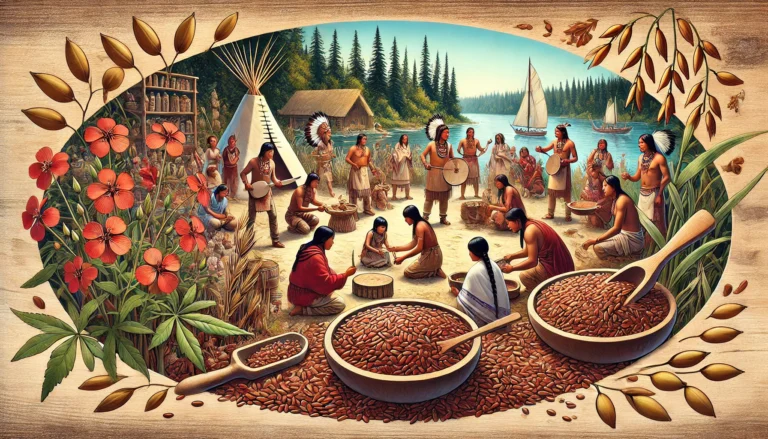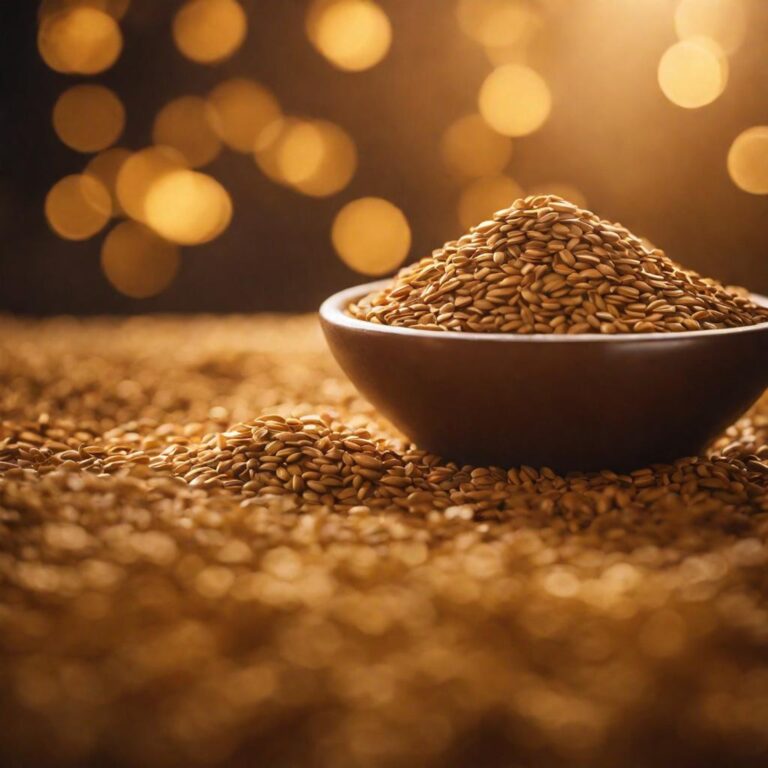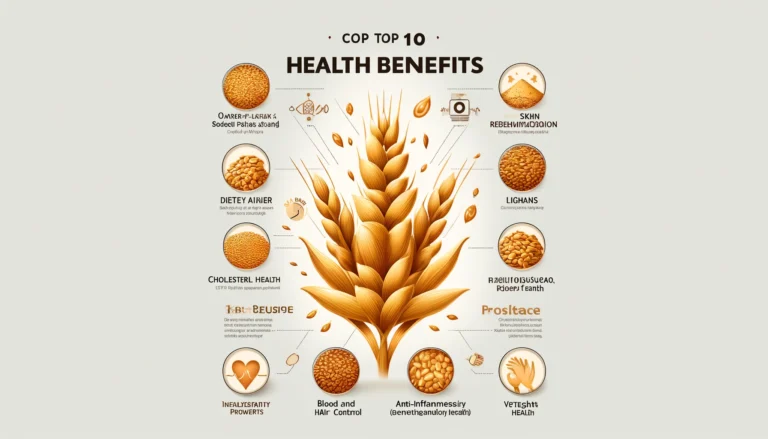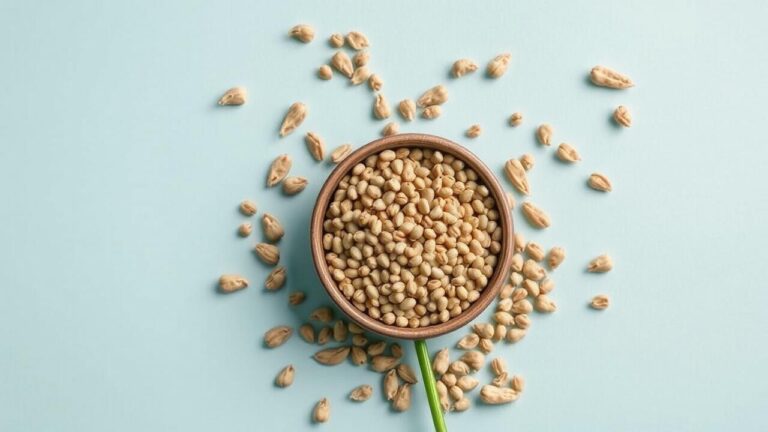Indigenous Knowledge and Practices for Cultivating Flaxseeds in Canada
Flaxseeds have been an integral part of Canadian agriculture for centuries, particularly due to the traditional knowledge and practices of Indigenous communities. These communities have honed methods of flaxseed cultivation that are both sustainable and effective, providing a wealth of knowledge that modern agriculture can greatly benefit from. In this blog post, we will delve into the rich history and indigenous practices for cultivating flaxseeds, highlighting their significance and impact on sustainable agriculture today.
The Historical Context of Flaxseed Cultivation
Flaxseeds, known for their nutritional benefits and versatility, have been cultivated in Canada long before European settlers arrived. Indigenous peoples of Canada, particularly in regions like the Great Plains and the Eastern Woodlands, have a deep-rooted history of growing and using flaxseeds. The knowledge passed down through generations encompasses not just the agricultural techniques but also the cultural and spiritual significance of this resilient crop.
Traditional Techniques and Sustainable Practices
Indigenous communities employ various traditional techniques that contribute to the sustainability and health of flaxseed crops. These methods include:
- Crop Rotation and Polyculture: Indigenous farmers often practice crop rotation and polyculture, growing flaxseeds alongside other crops like corn, beans, and squash. This method enhances soil fertility, reduces pests, and increases biodiversity.
- Natural Pest Control: Instead of relying on chemical pesticides, Indigenous knowledge emphasizes the use of natural pest control methods. Companion planting, where certain plants are grown together to deter pests, is a common practice. For instance, marigolds planted alongside flaxseeds can help repel harmful insects.
- Seed Selection and Preservation: Careful selection and preservation of seeds are crucial aspects of Indigenous agriculture. By choosing the best seeds from each harvest, Indigenous farmers ensure the resilience and quality of future crops. This practice also helps maintain genetic diversity.
- Water Conservation Techniques: Indigenous communities have developed effective water conservation techniques suited to various climates. Methods such as creating microclimates and using organic mulch help retain soil moisture, ensuring that flaxseeds receive adequate hydration even during dry spells.
- Respect for the Land: A core principle of Indigenous agriculture is respect for the land. Practices such as not over-farming a particular area, allowing fields to rest, and performing rituals to honor the earth, ensure that the land remains fertile and productive for future generations.
Integrating Indigenous Practices into Modern Agriculture
In recent years, there has been a growing recognition of the value of Indigenous agricultural knowledge. Integrating these practices into modern farming can lead to more sustainable and resilient agricultural systems. Here are a few ways to incorporate Indigenous methods:
- Adopting Crop Rotation and Polyculture: Modern farmers can benefit from the biodiversity and soil health benefits of these traditional practices. By rotating crops and planting diverse species together, the reliance on synthetic fertilizers and pesticides can be reduced.
- Utilizing Natural Pest Control: Embracing natural pest control methods can diminish the ecological footprint of farming. Techniques like companion planting and using natural predators can effectively manage pest populations.
- Preserving Heirloom Seeds: The practice of seed preservation can help maintain crop diversity and resilience. Farmers can create seed banks and exchange seeds to preserve heirloom varieties.
- Implementing Water Conservation Techniques: Modern irrigation systems can be supplemented with traditional water conservation methods to enhance efficiency. Using techniques like organic mulching and creating microclimates can improve water use.
Why Indigenous Practices are Key to Sustainable Flaxseed Cultivation in Canada
Indigenous knowledge and practices for cultivating flaxseeds are vital for sustainable agriculture in Canada. These time-tested methods, such as crop rotation, natural pest control, and water conservation techniques, have been proven to maintain soil health, enhance biodiversity, and ensure crop resilience. By integrating these traditional practices with modern farming techniques, we can achieve a more sustainable and eco-friendly agriculture system. Embracing Indigenous wisdom not only preserves cultural heritage but also contributes to the global movement towards sustainable farming.
Real-Life Examples and Case Studies
To truly appreciate the impact of Indigenous knowledge on flaxseed cultivation, it is helpful to look at real-life examples and case studies:
- The Six Nations Reserve: On the Six Nations Reserve in Ontario, farmers have successfully integrated traditional crop rotation methods with modern agricultural practices. This approach has resulted in healthier crops and more sustainable farming practices.
- The Okanagan Nation Alliance: In British Columbia, the Okanagan Nation Alliance has been working to revive traditional agricultural practices, including the cultivation of flaxseeds. Their efforts have shown promising results in improving soil health and crop yields.
Conclusion
Understanding and appreciating Indigenous knowledge and practices for cultivating flaxseeds in Canada provides valuable insights into sustainable agriculture. These practices, rooted in centuries of tradition, offer effective solutions to many of the challenges faced by modern farming. By embracing and integrating these methods, we can create a more sustainable future for agriculture, ensuring that flaxseeds continue to thrive and contribute to our health and wellbeing.
At canadiangoldenflaxseed, we are committed to honoring and promoting these traditional practices. We believe that by learning from and respecting Indigenous knowledge, we can enhance the sustainability and resilience of our flaxseed cultivation. Join us in celebrating this rich heritage and supporting sustainable agriculture practices that benefit us all.
